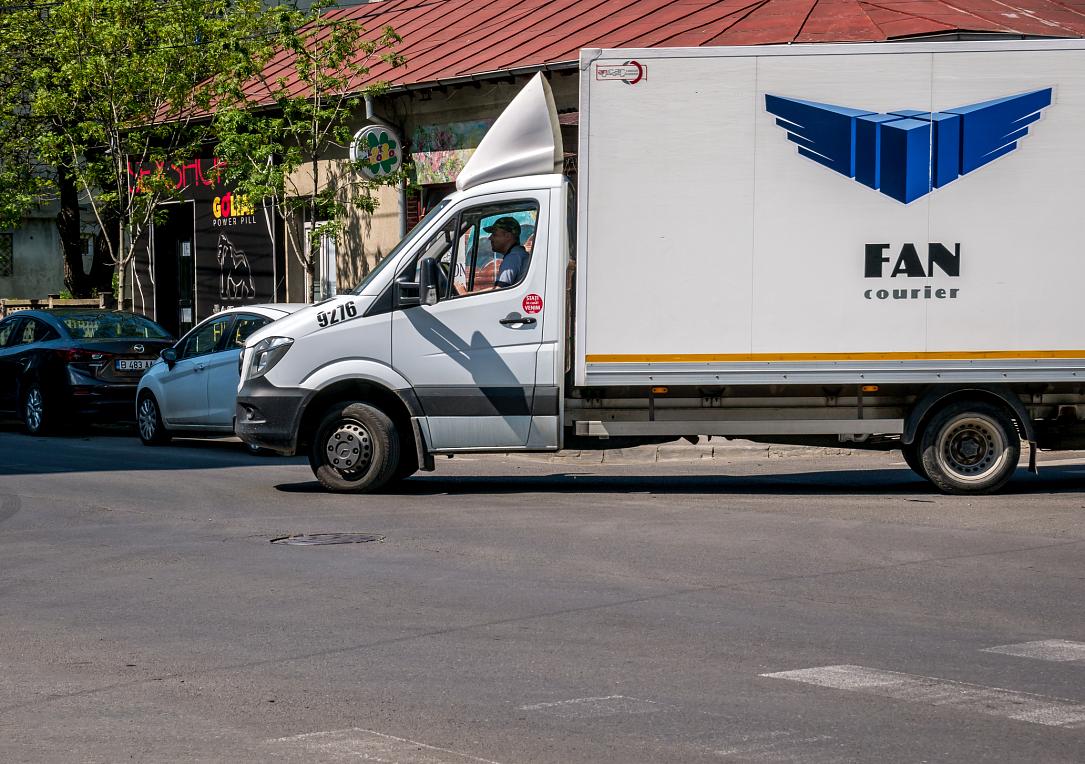Romania's couriers obliged to act as tax agents after November

The National Agency for Fiscal Administration (ANAF), the revenue service of the Romanian Government, aims to tax people who regularly sell items on online marketplaces and only take cash payments, through couriers, therefore avoiding taxation.
Facebook groups and marketplaces such as OLX have long been used by Romanians to buy and sell items. For some, it is an important source of income, and they regularly sell goods online, without setting up a business or paying any taxes. Payment for such transactions is most often made in cash reimbursements, which the courier receives upon delivery.
A new ANAF initiative would have such practices become a distant memory. The project, which is currently being debated, aims to have couriers and post office workers keep track of any cash payments made through them. This, in effect, would make them akin to agents of the revenue service.
Roughly 42,000 people currently work in delivery companies and the Romanian Post Office. To adhere to the new regulation, companies may have to hire more and train the rest, upping costs.
“We will have to make preparations and spend money - added costs for which no one will reimburse us - to provide ANAF with reports. I have to get a team of people to handle the process, and it will be an additional expense in the IT and financial departments and not only,” Adrian Mihai, CEO of FAN Courier, one of the most important delivery services in Romania, said in a statement for Ziarul Financiar. “It is a measure that brings additional costs. We’re not ready yet, but we will have to be,” he added.
ANAF, in turn, argues that couriers are currently acting as intermediaries for online merchants who operate in a gray area, tax-wise. Such transactions often make up a major part of the courier companies’ business. Around 60-70% of parcels handled by DPD, a courier company, require cash on delivery.
"It is a welcome thing. Additional work will be needed in the financial department because we will have to submit monthly reports, and the volume of information will be large,” said Bianca Alan, DPD financial director. “ANAF wants to prevent the main risks associated with e-commerce. We service a lot of online merchants, but not all of them declare their income,” she added.
DPD expects additional investments connected to the new regulation to be limited, and says that its couriers and financial officers will become accustomed to it.
According to the new project, the personal data of the seller, including the national identification number (CNP), address, telephone number, and the value of the amounts collected in cash, are to be sent by the courier company to ANAF.
(Photo source: Cristi Croitoru | Dreamstime.com)













